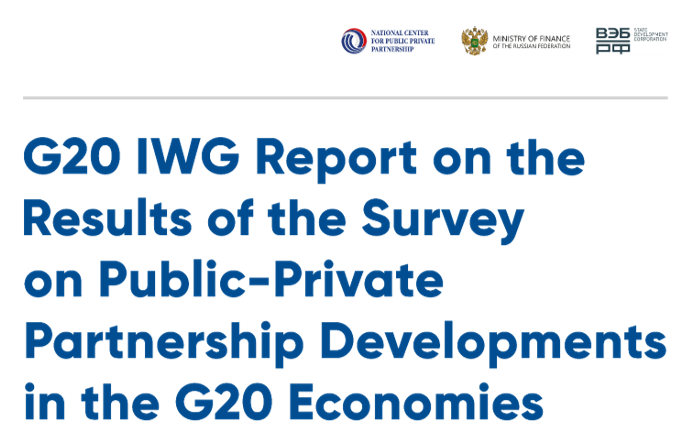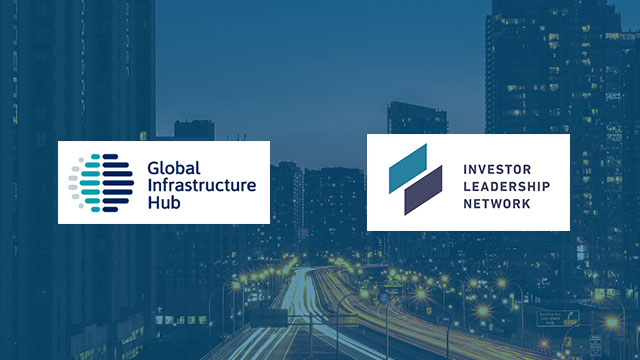689 results found
Featured results



More results
Due to the prevalence of smart phones and mobile technology, New York's ageing and underutilised network of 8,400 public payphones became obsolete
The Dulles Corridor Metrorail Project is a 37km, two-phase extension of the current Metrorail system delivered via a design-build-finance- operate-maintain (DBFOM) PPP concession
The global competition to accelerate the infrastructure industry has entered the next stage with assessment of all InfraChallenge applications now complete.
A message from Global Infrastructure CEO, Marie Lam-Frendo, regarding the COVID-19 (coronavirus) pandemic.
In light of the potential for PPPs to contribute to a reduction of the $15 trillion infrastructure investment gap, the Global Infrastructure Hub (GI Hub) revamped its PPP Risk Allocation Tool with its updated PPP Risk Allocation Tool 2019 Edition.

The G20 Infrastructure Working Group (IWG) Survey on PPP Development underlying this Report provides reference on the frameworks for infrastructure financing through Public-Private Partnership in G20 economies


Global Infrastructure Hub has launched an international competition designed to disrupt the infrastructure industry through new digitally-driven solutions.
Global Infrastructure Hub (GI Hub) was a lead contributor at the recent United Nations’ (UN) workshop tackling access to infrastructure for excluded groups including women, differently-abled, and the economically disadvantaged.
How can cities absorb the influx of people without developing new and more efficient ways of building, transporting, and consuming resources? Without significant disruption across urban infrastructure, the cities of the future will struggle to keep up, much less make progress toward things like mitigating climate change or providing quality education to every student.
Members of the infrastructure community are warmly invited to the launch of InfraChallenge, an innovation competition aiming to accelerate the global infrastructure industry.
The Reference tool is meant to serve as a practical tool to help governments and other stakeholders understand and implement the critical success factors that deliver inclusive infrastructure.

The Project Complexity and Risk Assessment Tool supports implementing agencies to accurately determine the level of risk and complexity of a project, for the purposes of project approval and expenditure authority.

The objective of the report and the accompanying index is not simply to rank countries, but to use score movements as a benchmark from which to investigate trends, identify successful PPP performers, and focus on the approaches that can facilitate a better understanding of common challenges and best-practice standards.

Insights into the The Schuphol-Amsterdam-Almere (SAA) program, which has been the largest PPP program in the Netherlands in the last decade.
You’re invited to take part in a survey that will help us better understand the infrastructure community’s perceptions of a set of megatrends as they relate to the development of infrastructure to 2050.
The Output Specifications for Quality Infrastructure Reference Guide, helps governments to operationalise the definition of Quality Infrastructure Investment agreed on by G20 nations.

OECD Investment Policy Reviews present an overview of investment trends and policies in the countries reviewed, using the OECD Policy Framework for Investment to assess the climate for domestic and foreign investment at sub-national, national or regional levels. They then propose actions for improving the framework conditions for investment and discuss challenges and opportunities for further reforms.







 InfraChallenge website
InfraChallenge website












